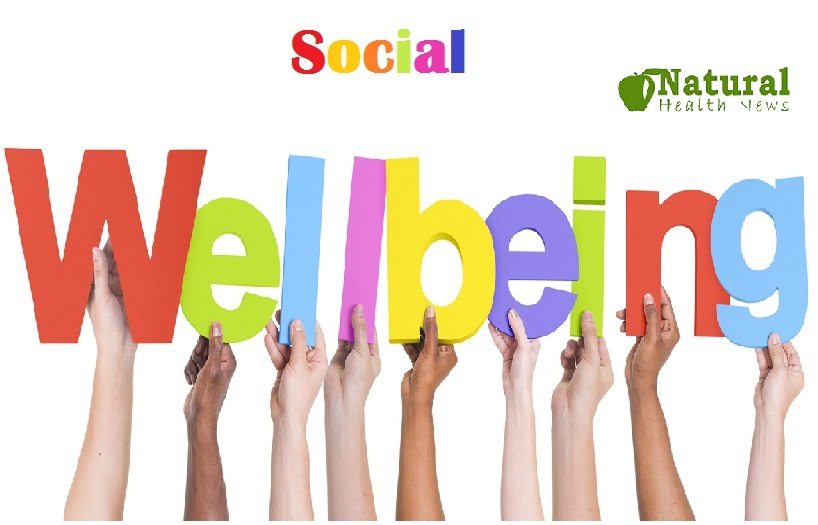Social Well-Being is making the Elderly Lead a Healthy

Social Well-Being
How do you define health? Is it a state of complete physical, mental and social well-being? Is it only the absence of disease or infirmity? Or is health a resource for everyday life, rather than the objective of living; a positive concept, emphasising social and personal resources as well as physical capabilities?
What is Social Well-Being?
Social wellness refers to the relationships and relations we have with others. It as well refers to our ability to build and maintain relationships, develop intimacy with family and friends and manage our feelings and emotions.
Social Well-Being is an important part in all people’s life, primarily for the reason that it helps him recognize his natural interdependence with others, regardless of the relationship. An individual who is socially well-adjusted is capable of making friends, offering support to others and becoming a productive member of the society he lives in.
Social wellbeing also encourages an individual to focus on other people’s needs and make his contribution for the greater good of the community. It also helps her maximize and share her life experiences.
Benefits of Well-Being
Governments, psychologists, healthcare groups and organizations have all taken to measuring well-being and providing guidance on how to get better the quality of life for their citizens, patients, clients and employees. According to the Gallup-Healthways Well Being Index that uses a scale of 0 – 10, people who rate their current life a 7 or higher and their future life an 8 or higher are “thriving.” Martin Seligman, the founder of positive psychology, states that people begin to “flourish” when they bring positive emotions, engagement, and meaning into their everyday lives. And people who are thriving and flourishing are better off in all the ways that make life worthwhile:
- They are healthier, happier and have more energy.
- They are more optimistic, engaged, and resilient in the midst of stress and challenge.
- They experience a better sense of meaning, fulfillment, and personal accomplishment
- They build positive relationships, feel connected to others and are involved in their communities.
- They feel safer in their careers and finances.
Physical Well-Being
Volunteers of different ages also expressed that they receive physical benefits during their activities. According to them, they get better night’s seep without going to gym for workouts. Following volunteer programs are seen as positive. The individuals who were retired felt that they worked hard and this let them to offer the benefit of Physical Well-Being.
The fact is environment volunteer opportunities help persons to work hard, remain active and feel good about that.
Read about:
Dental Health Can Impact Your Physical Well-Being
Physical Well-Being Can Help You Live Better Longer
The Physical Side of Well-being
Over all well-being also includes your physical needs as well. When we do not take care of our emotional and physical needs we will finally always suffer physically. It is always best to make sure you eat right, get plenty of rest, and get plenty of exercise. The stronger and healthier your body is the better off you are. You need the physical strength and fortitude to get the things in life done you must.




